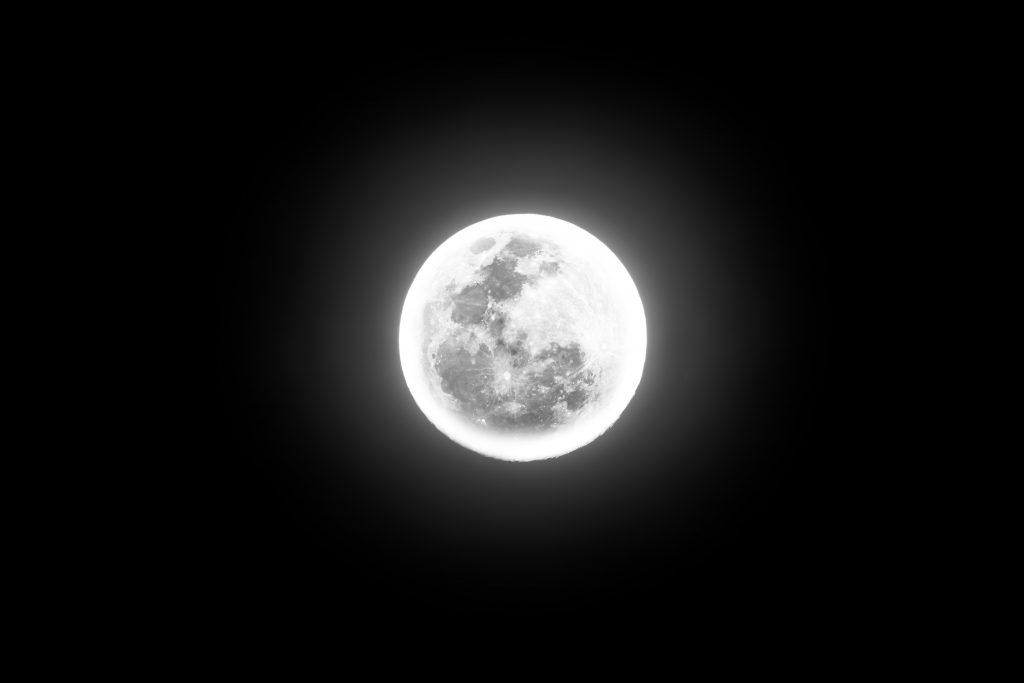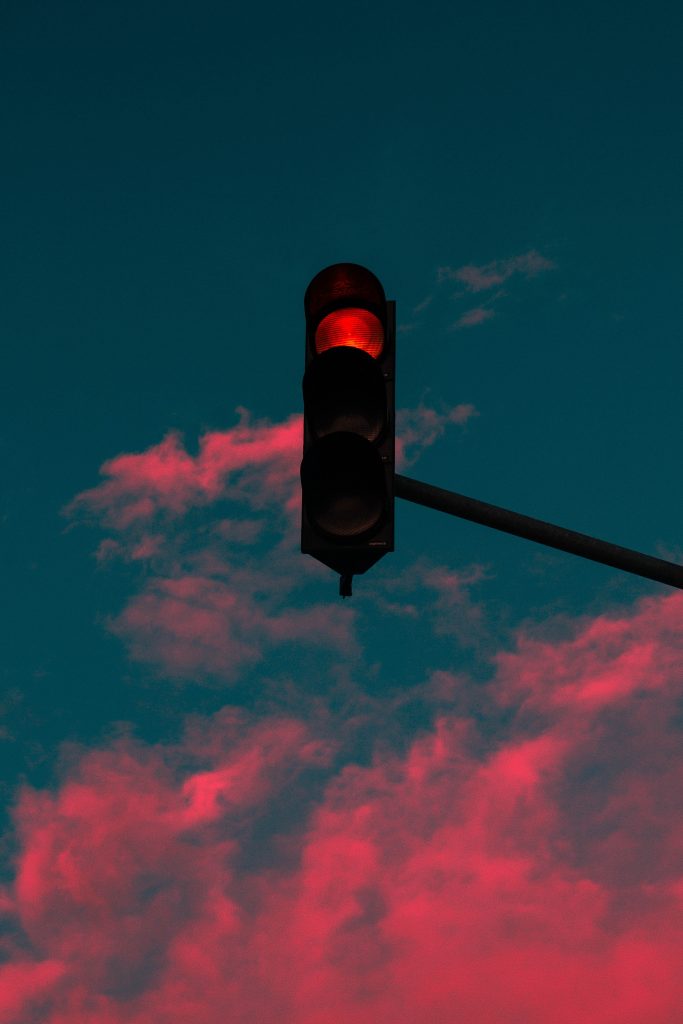Dharma Glimpse by Kusuma
As part of a multi-faith open day I recently visited a children’s hospice for the first time in a number of years.
There is a heavy price to pay for working in a palliative care environment with Compassion Fatigue a major contributing factor in staff being off sick or leaving the profession. After listening to the staff I came away with a little fire burning inside me! There must be a way to remain a compassionate carer and not burnout? Metta I thought might just be the answer.
Metta comes from the word ‘Mitta’ meaning friend and is used to describe a practice in meditation known as ‘loving kindness’ or ‘loving friendliness’. With Metta practice we send loving energy inwards to ourselves, and with time and practice, we can then radiate this love out to others.
Since my visit to the hospice, Metta has become an all consuming passion; researching, writing, and talking about Metta. As a neurodivergent person, it’s not hard to find focus for the things that put a fire in my belly. But writing about Metta is not the same as really living with Metta and it takes courage to step in to a Metta practice and give yourself permission to trust the process.
But how does sending love inward to ourselves help us to become compassionate carers you might ask? People often choose caring professions out of a desire to make a difference in society. The process of caring for another human being can help us to feel better about ourselves, but this kind of care and compassion is exhausting. Too much of yourself is invested in this type of compassion and you are left constantly feeling like you should do more.
When we practice Metta and develop a healthy, loving, unconditional relationship with ourselves, we no longer feel the desire to do more, or be more for others. As love radiates from within, the compassionate care flows from our true nature and not from our ego self. Cultivating kindness creates the opportunity for the heart to be more open; this of course is not without its challenges in a world where people tend not to talk about feelings.
I have been an unpaid Carer for 13 years and in that time I have had my fair share of compassion fatigue. Sometimes I long for a duvet day but for me everyday is a work day. The pressure of keeping another human being healthy and alive is immense and there are times when I have been hard on my self; for example if an infection seemingly appears out of no where or when the side effects of a medicine take their tole on an already fragile body. “I could have done more” becomes the running negative narrative at times like this. Metta does not come easy to me, if I soften my heart, can I really become a more compassion carer? Inviting Metta in might mean that I have to give myself a break! And as any carer will tell you, we rarely think of ourselves.
This week I returned to Metta for the first time in a long time. I chose the safe space of our beloved shrine room at Bright Earth to share the experience of Metta Meditation. Myself and a Dharma friend sat together and worked on bringing Metta in to our own hearts. The words circled around us, be gentle, be peaceful, hold a tender heart. I felt my chest become warmer as I gave myself permission to be loved unconditionally. Metta meditation invites us to become free from anxiety, fear, worry and restlessness, these are all emotions that most Carers, paid or unpaid feel with great intensity on a daily basis.
This first Metta experience in a while, left me with tears in my eyes, there was no hiding from the fact that I felt something shift inside me and I heard the words “Stop being so hard on yourself”.
Metta feeds the heart and soul, it creeps inside and brings forth an awareness of the emotions you need to learn from or let go of. I have heard Metta described as “the nature of the universe and our true nature”. My Metta practice feels like a homecoming to a place I had thought impossible to reach yet it is right here, in my heart.


